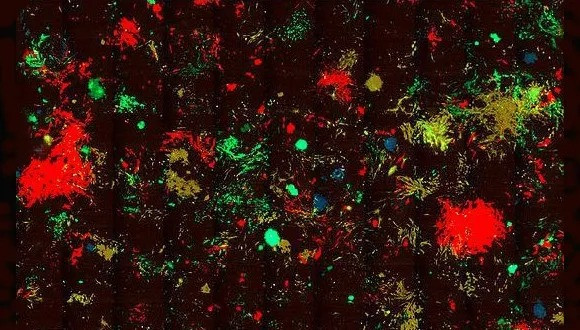Biochemistry and Molecular Biology
The mission of the Biochemistry track is to educate and train students in a wide range of areas in molecular and cell biology, including structural biology, membrane biology, cell signaling, developmental biology, stem cell biology and regeneration.
About the Program
The Biochemistry track offers the opportunity for students to learn advanced techniques as well as theoretical concepts in molecular and cell biology. Topics range from structural biology to cancer biology, from the molecular level, through the cell level and up to the tissue level.
Why Biochemistry?
Students will enjoy a flexible program where they can focus their courses on areas in molecular/cell biology most relevant to their research.
The curriculum consists of 30 hours in addition to practical research in the lab.
Graduate program for Biochemistry and Molecular Biology
This is a fascinating period to do research in life sciences! A graduate degree in Biochemistry will open the gates to a world of cutting-edge scientific discoveries. In the last few decades, molecular and cellular research has moved forward rapidly thanks to novel experimental methods and equipment, that allow to elucidate the molecular workings of the cell. Both functionally and structurally. These novel methods allow posing questions that were not accessible a few years back.
An MSc in Biochemistry provides tools and knowledge to apply and understand advanced molecular research, including molecular biology, enzymatic reactions, structural biology, cell biology, proteomics and more. These principles and research methods are at the basis of advanced research in most areas of life sciences, as well as many biotechnology or biomedical applications.
Head of Track: Dr. Omri Wurtzel
In our department we study, among other topics:
- How is the cellular pattern in the inner ear generated?
- Which genes are responsible for the progression of the glioblastoma brain tumor?
- How can we use biotechnology to understand molecular mechanisms of diverse human diseases.
- How is the flat worm Planaria able to regenerate its whole body from any small part of itself?
- How can we harness the developmental potential of stem cells to promote cultivated meat?


